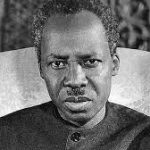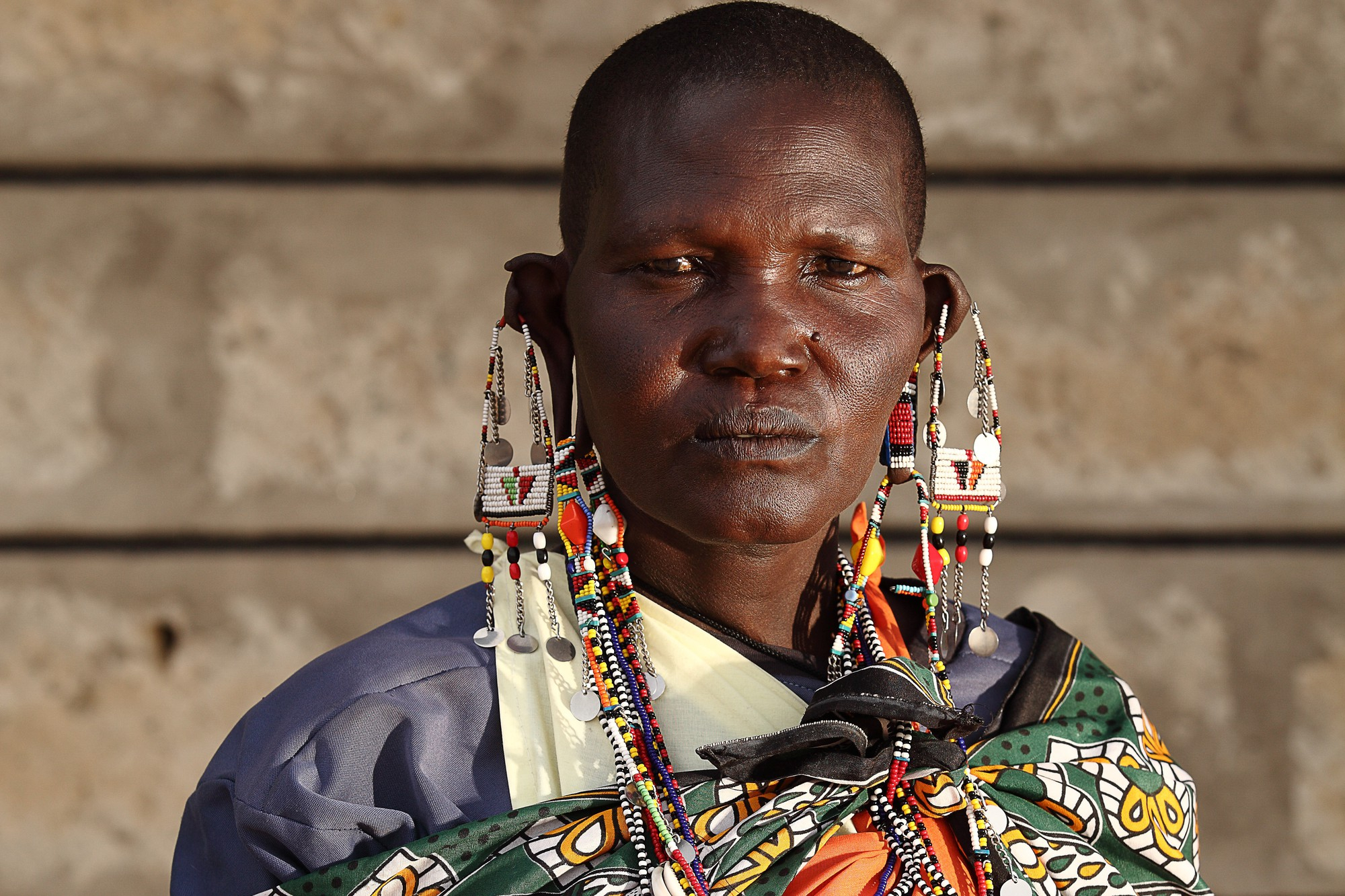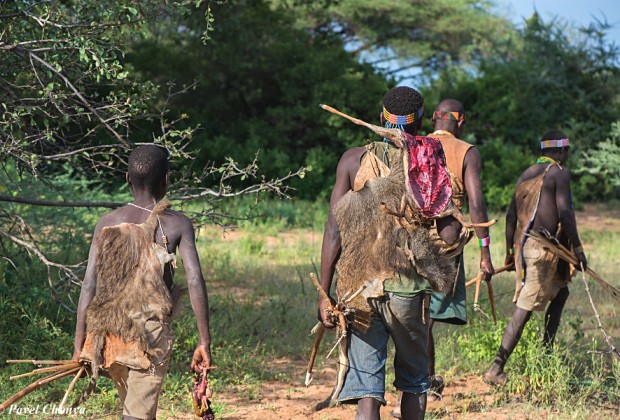ALL YOU NEED TO KNOW ABOUT TANZANIA!
Tanzania is a country formed after the union of Tanganyika and Zanzibar, Tanzania got its independence in 1961 and Tanzania became a republic around 1962 then after some time Tanzania witnessed unification on 26th April 1964
The country is located around East Africa along with other countries such as Kenya, Uganda, Rwanda, Uganda, and South Sudan. Tanzania got her independence in 1961 and later it was formed as as a sovereign state in 1964 through the unification of Tanganyika and Zanzibar. Tanganyika mainland covers almost 95% percent of Tanganyika and the rest 5% is covered by the island parts which is Zanzibar. Dar es Salaam is the largest city and port in the country.
INDEPENDENCE
Tanganyika got her independence on 9th December 1961 under the leadership of Julius Kambarage Nyerere and Zanzibar got her independence on December 10, 1963, followed by the revolution in 1964, later on, the two countries merged to form one country called Tanzania on April 26th, under the leadership of Julius Kambarage Nyerere of Tanzania and Abeid Amani Karume of Zanzibar.

CAPITAL CITY
The capital city is Dodoma city which is located in the central region of the country and characterized by the presence of parliament and other important government offices
LARGEST CITY
The largest city is Dar es Salaam with an estimated population of 7,776,000 people, the city is characterized by the presence of ports and important trade points
TRIBES IN TANZANIA
The United Republic of Tanzania is characterized by more than 120 tribes around the country, all originating from South African tribes namely CUSHIEST, KHOISAN, NILOTIC, and BANTU but mainly the BANTU tribe is the one which has contributed most of the Tanzanian population tribes
EXPERIENCE THE BEST OF TANZANIA CULTURES
With over 120 tribes, Tanzania is one of the most culturally diverse countries in Africa. From the tall graceful Maasai warriors to the ancient ways of the Hadzabe Bushmen, to the resourceful agricultural practices of the Wameru and Wachagga, the fascinating array of tribal cultures has always been impressive and bears the true essence of the Country.
Cultural tours are a popular product in the country that is mostly sold as an add-on to enrich main safari tour programs. Most cultural tour sites in mainland Tanzania were developed by the Tanzania Tourist Board (TTB) in conjunction with the Netherlands Development Organisation (SNV), starting with selected villages around Arusha in northern Tanzania and spreading out into other areas. These are traditionally existing villages that have been made accessible to visitors who may have a glimpse of the authentic lifestyle of the more than 120 tribes in rural Tanzania.
Despite an increasing foreign influence, Tanzania has persistently maintained its cultural heritage.
Ancient rituals and customs are still observed by many tribes and daily life largely follows traditional practices, which are also a kaleidoscope of the continent of Africa. Life’s most important events, birth, puberty, marriage, and death, are all celebrated through age-old traditional ceremonies.
It is the strong belief that our client’s experience will be much more memorable and complete, by also exposing them to another True Face of Africa through various community-based programs all along- Among them include tours into towns, semi-rural areas, and those very remote.
Visiting Schools, Hospitals, Markets, and local Homesteads, is one of the best approaches incorporated in itineraries, for interaction with local people. Other organized activities on offer are such as visits to Maasai, Iraqwi, Datoga and Hadzabe Communities, etc
Learn More About The Distinct Tribes Of Tanzania
Maasai tribe is an indigenous African ethnic group of semi-nomadic people found in both Kenya and Tanzania. Due to their distinctive customs and dress, and residence near many game parks in East Africa, They are among the most well-known African ethnic groups internationally. Hadzabe are the aboriginal bush manoids and a distant tribe, still existing mainly as traditional Hunters and Gatherers. Hadzabe’s homes are, even to the present, the ancient, and with their shelters underground.
The Datoga are exclusively “pastoralists” living off meat and milk. Iraqw tribe and people are Cushitic and agriculturalists forced down South from Ethiopia several decades ago and descended to settle in, particularly, the northern parts of Tanzania.
Clients visiting Lake Victoria will have an opportunity to encounter the charms of the Sukuma people, in their “live snake costume”, worn in their “Gobogobo Dance”. The dance involves the bodies of the dancers draped in the coils of lethal, sometimes exceptionally large reptiles, wriggling to the drum beats before stunned spectators. True to the adage that music stimulates them, The snakes become increasingly excited as the tempo increases. Sukuma is the largest tribe in Tanzania with a population of approximately 4.5 million people.
Kiwoito Africa Safaris offers unique budget Cultural Tours in Tanzania with affordable packages. Traveling with the Kiwoito Africa Safari makes your trip enjoyable and gives clients opportunities to discover more about the magnificent cultural treasures of the people of Tanzania. We provide personalized and unique cultural tours in Tanzania that immerse travelers in the real Tanzanian culture. We give you more memorable experiences through more meaningful connections with local people, and a greater understanding of local cultural, social, and environmental issues via our cultural tours in Tanzania.
THE MAASAI

THE HADZABE

THE CLIMATE
Tanzania is a tropical country located in the eastern part of Africa, Tanzania lies a few degrees on the southern of the equator, with a moderate tropical climate with seasons regulated by rainfall rather than temperature.
The country experiences two rainy seasons, the first rain season starts from mid-March through early June and the second rain starts from November through December.
The temperature ranges from about 18°C to 29°C year-round but months between November and February are the hottest months in Tanzania because they reach up to 40°C
From the hot, dry climate of Arusha to the cool, wet weather in Dar es Salaam, Tanzania has almost every climate to give every traveler
LANGUAGE
Many tribes speak a lot of native languages but all of the tribes are combined with one language known as The Swahili language which was first introduced by the late President Julius Kambarage Nyerere, This language has been one of the major factors in unifying Tanzania from all over the country as they speak a formal language.
HOSPITALITY OF TANZANIAN PEOPLE
The Tanzanian people are renowned for their hospitality and generosity, Their kindness is one of the key factors that differentiates the Tanzanians from other countries’ citizens
“KARIBU TANZANIA HAKUNA MATATA”

